 W
WGaspar Aguilar was a Valencian poet and dramatist of the Spanish Golden Age. Born in Valencia (Spain) into humble social conditions, he ended up frequenting the nobility as secretary of the Count of Sinarcas, and as steward to the Dukes of Gandia.
 W
WFrancisca Aguirre Benito was a Spanish poet and author. Her first poetry collection, Ithaca, published in 1972, won her the Leopoldo Panero Poetry Award. In 2011, she won the National Poetry Prize for her poetry piece Historia de una anatomía. Aguirre also won the National Prize for Spanish Literature in November 2018.
 W
WJosé Albi Fita was a Spanish poet, literary critic, and translator. He was the honorary president of the Asociación Valenciana de Escritores y Críticos Literarios. Albi was the "last of the post-Spanish Civil War poets".
 W
WMaría de la Concepcion Aleixandre Ballester, also known as Maria de la Concepcion Isidra Faustina Stephanie Vicenta was a Spanish teacher, doctor, gynecologist, inventor, scientist, and writer. She was the first woman admitted to Spain's Gynecological Society.
 W
WJuan Andrés y Morell was a Spanish Jesuit priest, Christian humanist and literary critic of the Age of Enlightenment. He was the creator of world history and comparative literature through the most important and extensive of his works: Dell'Origine, progressi e stato d'ogni attuale letteratura – Origen, progresos y estado actual de toda la literatura only recently restored to a critical and complete edition. He is one of the most important authors, together with Lorenzo Hervás, Antonio Eximeno, Francisco Javier Clavijero or Celestino Mutis, of the Spanish Universalist School of the 18th century.
 W
WAntoni Martí Monterde is a Valencian writer and university teacher. He teaches Literary Theory and Comparative Literature at University of Barcelona. He writes both articles about literature and a creative work which was recognised by Crítica dels Escriptors Valencians Award in 2002 for L’erosió. He is a member of the Association of Catalan Language Writers.
 W
WJuan Arnau, Spanish philosopher and essayist, a specialist in Eastern philosophies and religions.
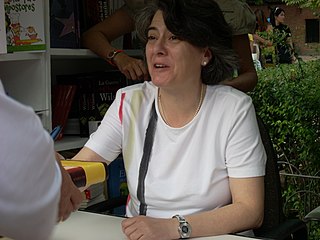 W
WMatilde Asensi Carratalá is a Spanish journalist and writer, specialised mainly in historical novels.
 W
WJosep Maria Bayarri i Hurtado was a writer and poet, also known as Xusep Maria Vaiarri.
 W
WVicente Blasco Ibáñez was a journalist, politician and best-selling Spanish novelist in various genres whose most widespread and lasting fame in the English-speaking world is from Hollywood films adapted from his works.
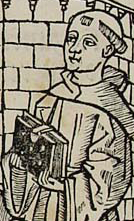 W
WFrancesc Eiximenis, OFM was a Franciscan Catalan writer who lived in the 14th-century Crown of Aragon. He was possibly one of the more successful medieval Catalan writers, since his works were widely read, copied, published and translated. Therefore, it can be said that both in the literary and in the political sphere he had a lot of influence. Among his readers were numbered important people of his time, such as the kings of the Crown of Aragon Peter IV, John I and Martin I, the queen Maria de Luna, and the Pope of Avignon Benedict XIII.
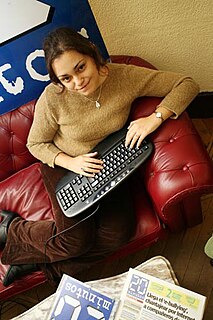 W
WLaura Gallego García, is a Spanish author of young adult literature.
Vicente Alejandro Guillamón was a Spanish journalist and writer.
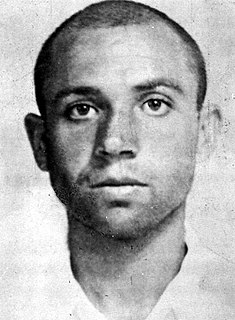 W
WMiguel Hernández Gilabert was a 20th-century Spanish-language poet and playwright associated with the Generation of '27 and the Generation of '36 movements. Born and raised in a family of low resources, he was self-taught in what refers to literature, and struggled against an unfavourable environment to build up his intellectual education, such as a father who physically abused him for spending time with books instead of working, and who took him out of school as soon as he finished his primary education. At school, he became a friend of Ramón Sijé, a well-educated boy who lent and recommended books to Hernández, and whose death would inspire his most famous poem, Elegy.
 W
WJoaquín Lloréns Fernández de Cordoba was a Spanish Carlist soldier and politician. He is known as the longest serving Carlist deputy, the longest continuously serving Carlist deputy, and the most-elected Carlist deputy. He is also recognized for turning Requeté from a vague youth organization into a military force.
 W
WAusiàs March was a medieval Valencian poet and knight from Gandia, Valencia. He is considered as one of the most important poets of the "Golden Century" of Catalan literature.
 W
WJosé Augusto Trinidad Martínez Ruiz, better known by his pseudonym Azorín, was a Spanish novelist, essayist and literary critic. As a political radical in the 1890s, he moved steadily to the right. In literature he attempted to define the eternal qualities of Spanish life. His essays and criticism are written in a simple, compact style. Particularly notable are his impressionistic descriptions of Castilian towns and landscape.
 W
WJoanot Martorell was a Valencian knight and writer, best-known for authoring the novel Tirant lo Blanch, written in Valencian and published at Valencia in 1490. This novel is often regarded as one of the peaks of the literature in Catalan language and it played a major role in influencing later writers such as Miguel de Cervantes, who, in the book burning scene of Don Quixote, says "I swear to you, my friend, this is the best book of its kind in the world". The novel deals with the adventures of a knight in the Byzantine Empire; it is considered as one of the first works of alternate history.
 W
WGregorio Mayans y Siscar (1699–1781) was a Spanish historian, linguist and writer of the Enlightenment in Spain.
 W
WGabriel Miró Ferrer, known as Gabriel Miró, was a Spanish modernist writer. In 1900 he finished his studies in Law in the University of Granada and in the University of Valencia. He focused mainly on writing novels, but also collaborated to a large number of newspapers such as: El Heraldo, Los Lunes de El Imparcial, ABC and El Sol. The rich and poetic language, the philosophical and theological ideas, and the subtle irony are some of the main characteristics of his works. Gabriel Miró preferred to focus on the intimate world of his characters and its development, in the inner relations between everything in their surrounding and the way they evolve in time.
 W
WFrancisco de Moncada, 3rd Marquis of Aytona, (1586–1635) was a Spanish diplomat, soldier and writer of the early 17th century. He was also interim Governor of the Spanish Netherlands.
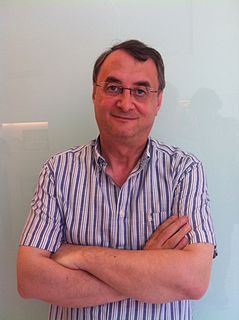 W
WVicent Partal is a spanish journalist and director of VilaWeb. He has also worked in El Temps, Diari de Barcelona, TVE, Catalunya Ràdio, El Punt, and La Vanguardia, among others. He is considered an Internet pioneer.
 W
WFrancisco Pérez Bayer (1711–1794) was a Spanish philologist, jurist and writer.
 W
WSantiago Posteguillo Gómez is a Spanish philologist, linguist and author, born in Valencia in 1967. He has become known for a number of novels set in Ancient Rome, especially his Scipio Africanus and Trajan trilogies.
 W
WNuria Roca Granell is a Spanish writer, TV presenter, actress, radio announcer and architect.
 W
WJuan Sempere y Guarinos (1754–1830) was a Spanish politician, jurist, bibliographer, economist and writer.
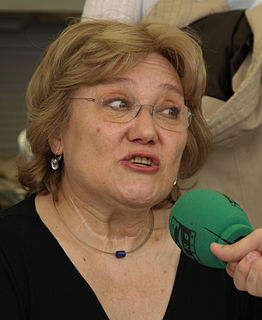 W
WIsabel-Clara Simó i Monllor was a Spanish journalist and writer. She is considered one of the most important writers in the Catalan language.
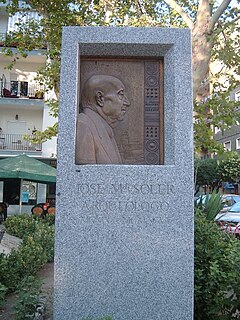 W
WJosé María Soler García was a Spanish archaeologist, historian, researcher and folklorist. He is one of the persons who most deeply studied Villena and its surrounding area, since the vast majority of his research was focused on what concerned his hometown.
 W
WMaximiliano Thous Orts,, also known as Maximilià Thous i Orts, was a Spanish journalist, writer, filmmaker, and playwright.
 W
WDaniel Torres is a Spanish cartoonist, known for several series, including the science-fiction series Rocco Vargas, about a writer in a retrofuturistic world and Tom, a series for children about a friendly dinosaur.
 W
WEnric Valor i Vives was a Spanish narrator and grammarian who made one of the most important contributions to the re-collection and recovery of Valencian lexicography and its standardization in the Valencian Community, Spain.
 W
WVicente Verdú was a Spanish writer, journalist and economist.
 W
WIsabel de Villena was the illegitimate child of Enrique de Villena an unknown noblewoman who rose to become the abbess of the Real Monasterio de la Trinidad of Valencia. As the first major female writer of a work done in the Catalan language, she composed a number of religious treaties. Her most famous work was her Vita Christi. She was also a proto-feminist who tried to change the negative image of women at the time through her writing.